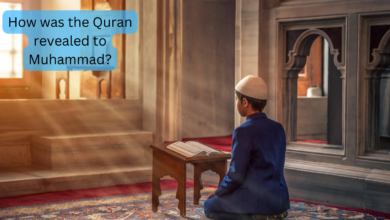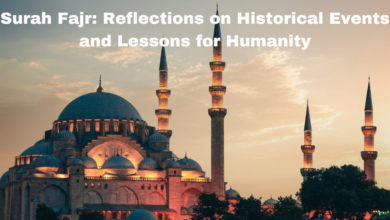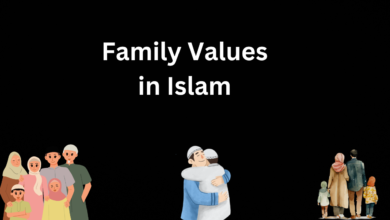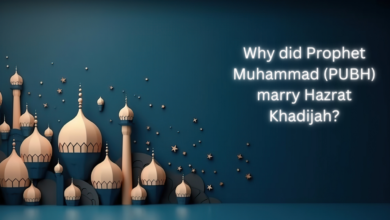How does Islam impact the culture of the middle east ?
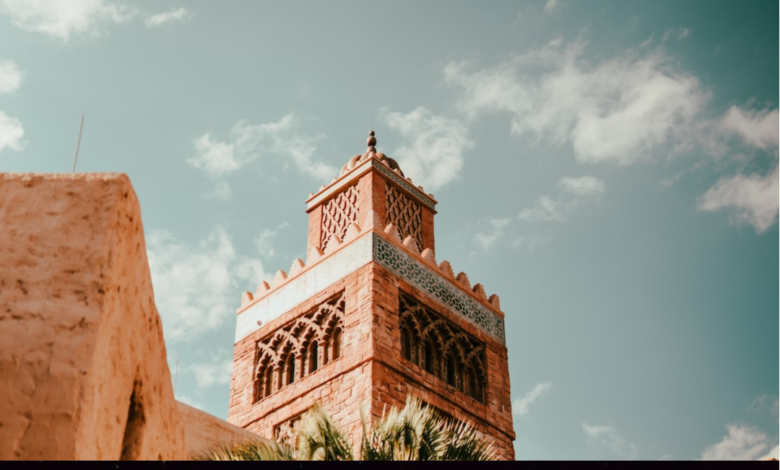
Introduction
The Middle East is a region rich in history, diversity, and cultural heritage. At the heart of its cultural tapestry lies Islam, a monotheistic religion that has had a profound impact on shaping the region’s identity. With its origins in the 7th century on the Arabian Peninsula, Islam has not only become a dominant religious belief but has also significantly influenced various aspects of Middle Eastern culture, including art, architecture, language, social norms, and daily life.
Religious Foundation and Historical Context
Islam, which means “submission to God,” was founded by the Prophet Muhammad in the early 7th century CE in the city of Mecca. Its teachings were propagated throughout the region and beyond, leading to the creation of an expansive Islamic empire. The spread of Islam was accompanied by the Arab conquests, which brought various regions under its influence.
Art and Architecture
Islamic art and architecture are iconic representations of the faith’s impact on Middle Eastern culture. Intricate geometric patterns, calligraphy, and arabesque designs are hallmarks of Islamic art, and these elements can be found in various forms of artistic expression such as pottery, carpets, textiles, and manuscripts. Mosques, a central place of worship for Muslims, showcase stunning architectural feats with their minarets, domes, and intricate tilework. These architectural marvels not only serve as places of worship but also stand as enduring symbols of the fusion between faith and culture.
Language and Literature
The spread of Islam facilitated the dissemination of the Arabic language, which became the lingua franca of the Middle East. The Quran, Islam’s holy book, is written in Arabic, and the reverence for the language led to the development of an array of literary works in Arabic. Classical poetry, philosophy, and scientific texts flourished in the Middle East, contributing to the intellectual heritage of the region. Renowned scholars like Ibn Sina (Avicenna) and Al-Farabi made significant contributions to fields such as medicine, mathematics, philosophy, and more.
Social Norms and Values
Islamic principles have deeply influenced social norms and values in the Middle East. The concept of family, for instance, holds a central place in Islamic teachings, fostering a strong sense of community and interconnectedness. Traditional gender roles and customs often draw from Islamic teachings, influencing aspects of dress, etiquette, and daily routines.
Islamic Law (Sharia)
The implementation of Sharia, Islamic law, varies across different Middle Eastern societies. While the extent of its influence varies, Sharia has historically played a crucial role in shaping legal systems in the region. It encompasses various aspects of life, including religious practices, family matters, business transactions, and criminal justice. The influence of Sharia in legal frameworks is a testament to the enduring impact of Islamic principles on Middle Eastern culture.
Festivals and Celebrations
Islamic festivals, such as Eid al-Fitr and Eid al-Adha, are celebrated with great enthusiasm in the Middle East. These occasions bring communities together, reinforcing bonds and values intrinsic to the Islamic faith. The cultural practices and traditions associated with these celebrations vary from one region to another, reflecting the diverse nature of Middle Eastern culture.
Challenges and Modernization
While Islam has had a profound impact on Middle Eastern culture, it is important to note that the region is not homogenous. There are variations in religious interpretation, cultural practices, and levels of religiosity. Additionally, globalization and modernization have introduced new dynamics that sometimes challenge traditional norms and values.
Conclusion
Islam’s influence on the culture of the Middle East is undeniable, touching every facet of society from art and architecture to language, literature, and social norms. The interplay between religion and culture has created a vibrant and diverse tapestry that continues to evolve while maintaining its deep-rooted historical connections. Understanding the intricate relationship between Islam and Middle Eastern culture is essential for comprehending the region’s complexities and appreciating its rich heritage.
How does Islam influence the culture of the Middle East?
Islam has a profound impact on the culture of the Middle East as it serves as both a religious and cultural framework. Many aspects of daily life, including art, music, food, clothing, and social customs, are influenced by Islamic teachings and principles.
What role does Islamic art play in Middle Eastern culture?
Islamic art, characterized by intricate geometric patterns and calligraphy, is a significant component of Middle Eastern culture. It is often used to decorate mosques, palaces, and other structures, reflecting both religious devotion and aesthetic expression.
How does Islam affect Middle Eastern cuisine?
Islamic dietary laws, known as Halal, dictate what Muslims can and cannot consume. As a result, Middle Eastern cuisine predominantly consists of Halal foods, and the preparation methods often reflect Islamic values of cleanliness and purity.
How does Islam impact Middle Eastern clothing traditions?
Islamic clothing requirements influence traditional dress in the Middle East. For example, women might wear modest attire like the hijab or niqab to adhere to Islamic principles of modesty, while men often wear loose-fitting garments and head coverings.
What role does Islam play in Middle Eastern family life?
Islam places a strong emphasis on family values, and these values are reflected in Middle Eastern family life. Respect for elders, close-knit family structures, and gender roles are often influenced by Islamic teachings.
How does Islam influence Middle Eastern celebrations and festivals?
Islamic holidays like Eid al-Fitr and Eid al-Adha are integral to Middle Eastern culture. These celebrations involve communal prayers, feasting, and acts of charity, emphasizing unity and sharing within the community.
